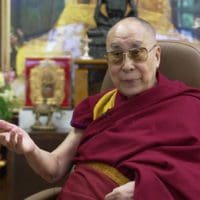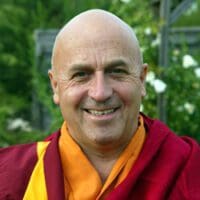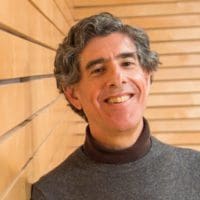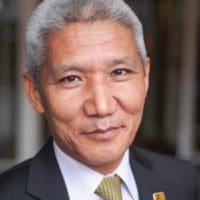Overview
This introductory session sets the stage for the rest of the meeting. It will establish a vocabulary and epistemology of meditative awareness stemming primarily from the teachings of the Buddha, in particular, the Four Noble Truths, and introduce well-established clinical and research programs that are exploring the interfaces between medicine and meditation for patients with chronic health conditions, and between neuroscientific approaches to mind and brain and meditative approaches stemming from the systematic cultivation of attention and awareness.
Father Keating will offer a Christian contemplative perspective to expand the conversation beyond a Buddhist meditative framework, pointing out commonalities and differences that may be of value in developing new models for meditative interventions and investigations. Matthieu Ricard and Sharon Salzberg will offer their own unique perspectives on the interface between meditation and science and the challenges of living a full and healthy/wholesome life in these times.
- Dialogue 1315 sessions
- November 8, 2005Dar Constitution Hall, Washington, DC
- Transcript - Connection, Community, and Compassion with Susan Bauer-Wu, Dekila Chungyalpa, Elissa Epel, and Brother Phap Dung |pdf|





